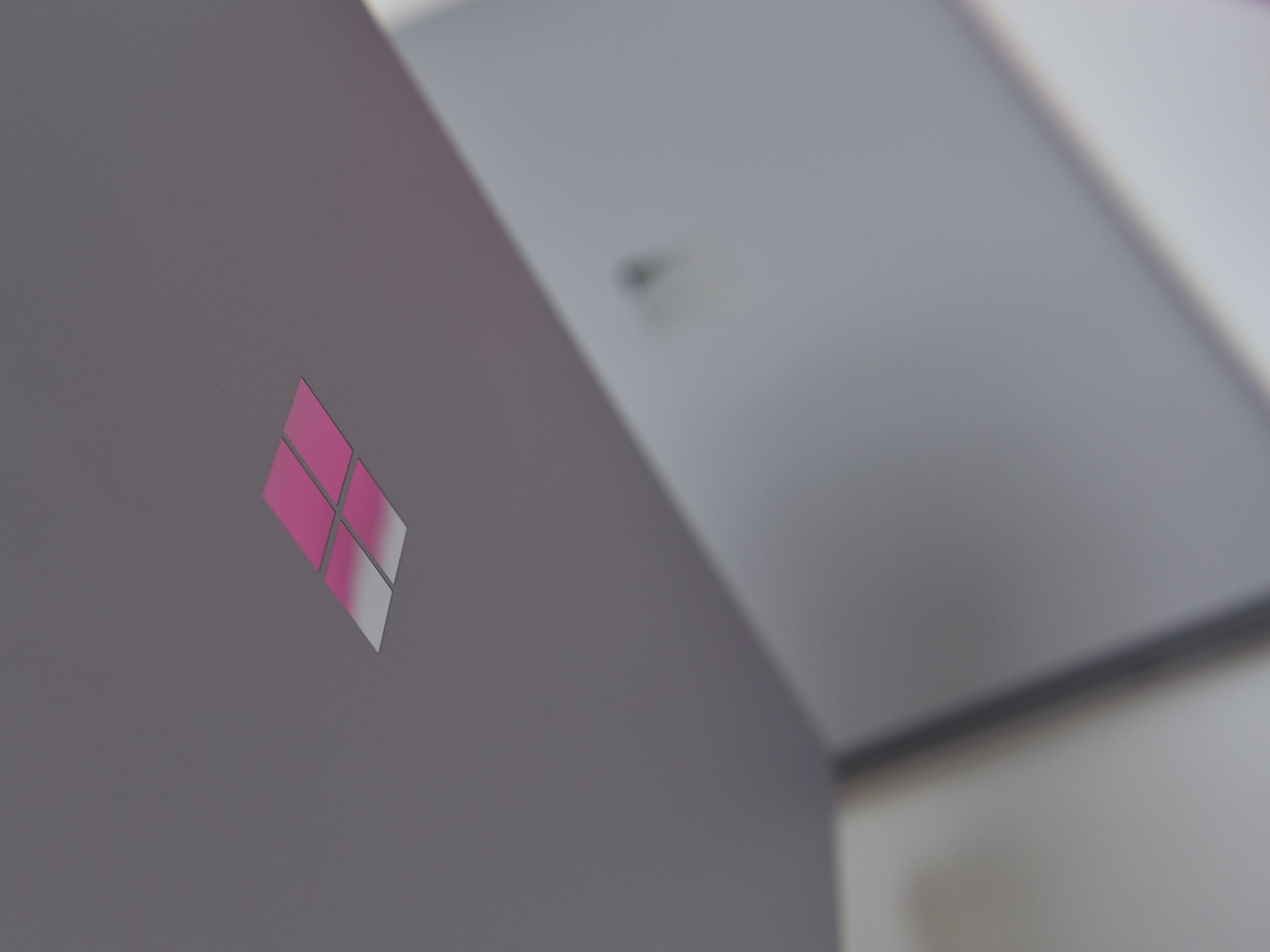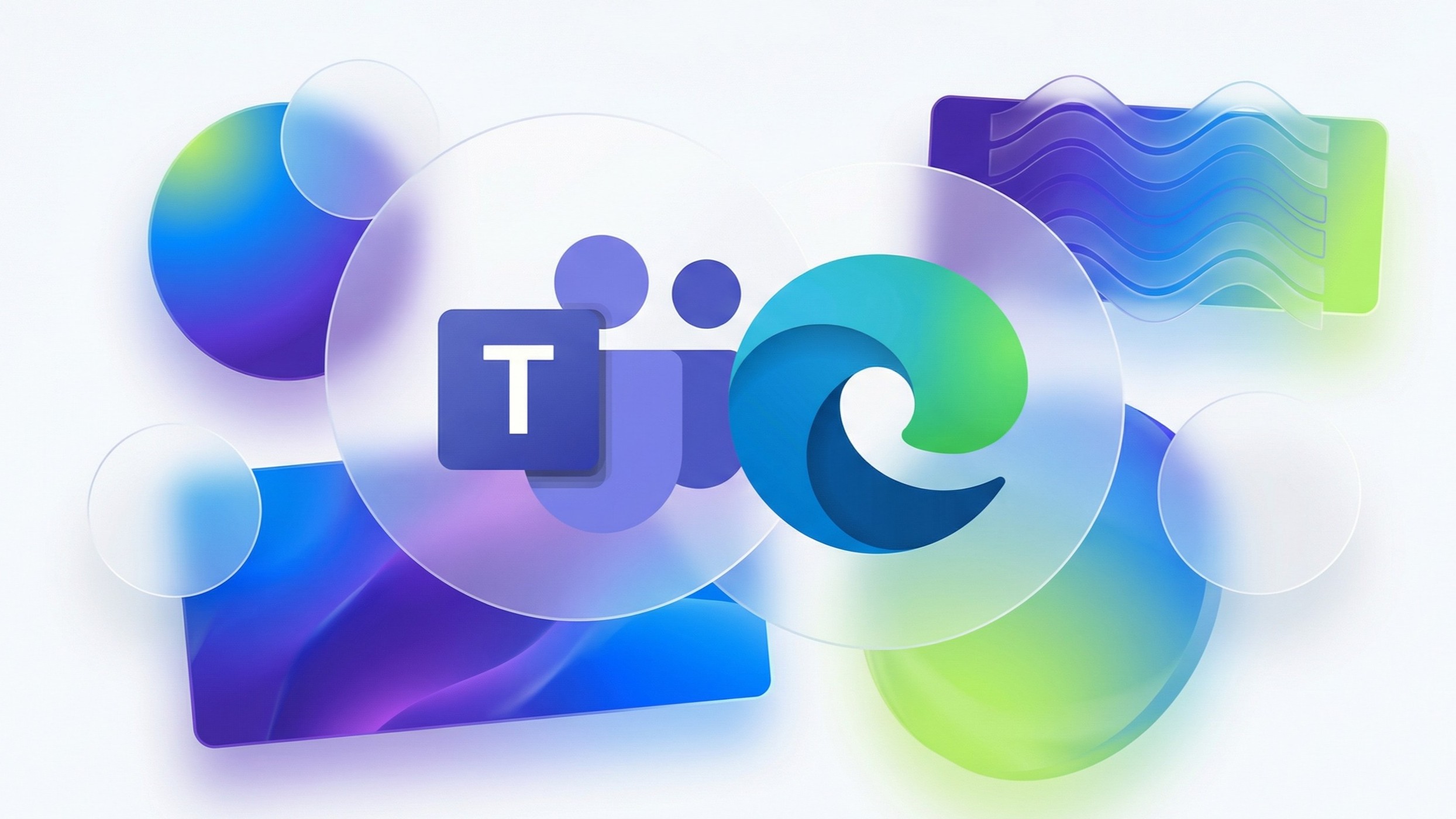Windows Central Podcast 142: A Surface Phone... with Android?
This week on the Windows Central Podcast: Dan is out once again, so Zac is joined by Mary-Jo Foley to talk Surface Phone, Microsoft 365, WCOS, and more.

All the latest news, reviews, and guides for Windows and Xbox diehards.
You are now subscribed
Your newsletter sign-up was successful
We're back with another exciting episode of the Windows Central Podcast, and this week, Zac Bowden is joined by special guest Mary-Jo Foley to talk about their hopes and dreams for a Surface Phone and Windows Core OS. They also look at features in 19H2 and 20H1 and discuss the possible emergence of Microsoft 365 as the company's dominant 'brand'.
This episode of the Windows Central Podcast was recorded on July 18 2019.
Links:
- Making the case for a Microsoft Surface Phone that runs Android | Windows Central
- Best Windows Phone in 2019 | Windows Central
- Windows Core OS: The complete guide | Windows Central
- Windows 10 19H2: What is it, and what's included? | Windows Central
- Windows 10 20H1 build 18941 now rolling out for Insiders in the Fast ring | Windows Central
- Microsoft unveils second preview build of Windows 10 19H2; tests new features being off by default | ZDNet
- All About Microsoft | ZDNet
- Mary Jo Foley (@maryjofoley) | Twitter
Subscribe to the podcast
- Download directly: Audio
- Listen via Spotify
- Listen via: Windows Central app Windows 10 | Android
- Subscribe via iTunes
- Subscribe via RSS
- Subscribe via Google Play Music
- Subscribe via Pocket Casts
Hosts
Make this show great by participating!
Send in your comments, questions, and feedback to:
- Email: wcpodcast@windowscentral.com
- Twitter: @WindowsCentral with hashtag #wcpodcast
All the latest news, reviews, and guides for Windows and Xbox diehards.

